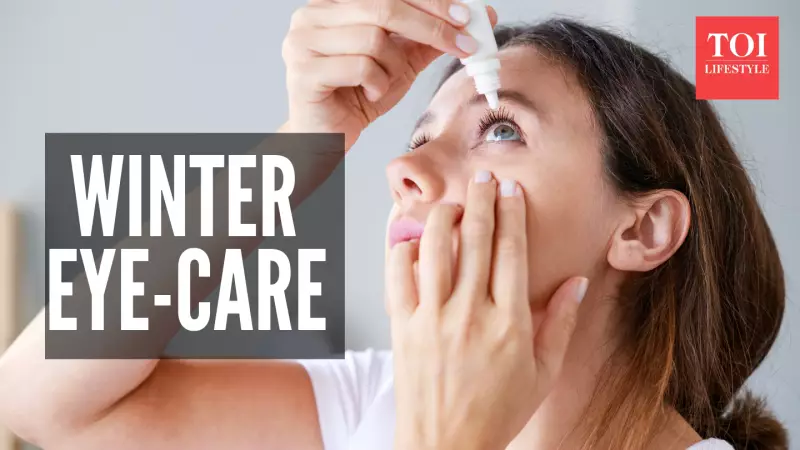
As the winter season approaches, major Indian cities are bracing for the familiar blanket of smog that brings with it not just respiratory concerns but serious threats to eye health. With air quality indices plummeting, ophthalmologists are sounding the alarm about the urgent need for pre-emptive eye care measures.
Why Winter Smog Poses Grave Danger to Your Eyes
The toxic cocktail of pollutants, particulate matter, and low humidity during winter months creates a perfect storm for eye problems. "Many people don't realize that their eyes are directly exposed to polluted air," explains a senior ophthalmologist. "The delicate corneal surface can suffer significant damage from prolonged exposure to smog."
7 Expert-Recommended Strategies to Shield Your Vision
- Embrace Protective Eyewear
Wearing wrap-around sunglasses or clear protective glasses creates a physical barrier against pollutants. This simple step can reduce direct exposure by up to 90%. - Master Artificial Tears
Preservative-free lubricating eye drops should become your winter essential. They help flush out irritants and maintain the eye's natural moisture barrier. - Establish a Rigorous Hygiene Routine
Wash your hands frequently and avoid touching your eyes. Contaminated fingers are a common source of infection and irritation. - Create Indoor Safe Zones
Use high-quality air purifiers with HEPA filters in your home and workplace. Maintaining good indoor air quality gives your eyes much-needed recovery time. - Stay Hydrated, Stay Protected
Adequate water intake helps maintain tear production and quality. Dehydrated eyes are more vulnerable to pollution damage. - Recognize Warning Signs Early
Persistent redness, itching, burning sensation, or blurred vision require immediate medical attention. Don't dismiss these as mere seasonal discomfort. - Schedule Preventive Check-ups
Regular eye examinations can detect pollution-related damage early, preventing long-term complications.
Special Precautions for Vulnerable Groups
Children, elderly individuals, and those with pre-existing conditions like dry eye syndrome or allergies need extra protection. "Young children's eyes are still developing and more susceptible to environmental damage," the expert emphasizes.
Beyond Immediate Relief: Long-term Protection
While immediate relief measures are crucial, experts stress the importance of long-term strategies. This includes incorporating antioxidant-rich foods in your diet, practicing regular eye exercises, and making eye protection a non-negotiable part of your daily routine during high-pollution months.
As winter tightens its smoggy grip across northern India, taking these preventive measures could mean the difference between comfortable vision and serious eye health complications. Your eyes deserve the same protection you give your lungs during these challenging months.






